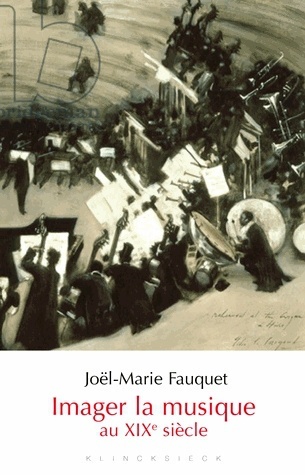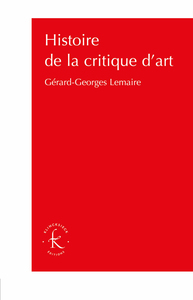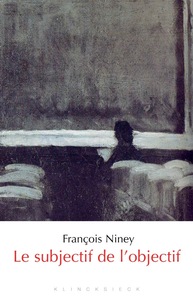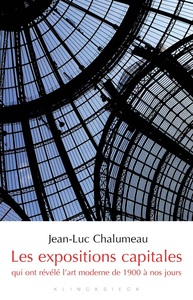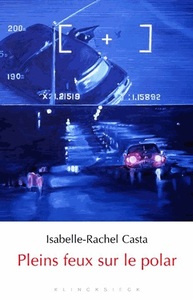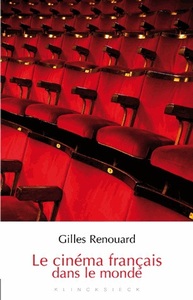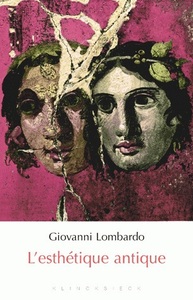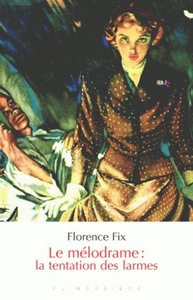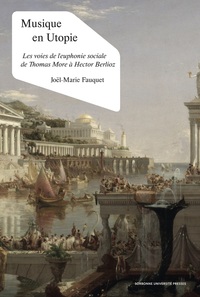Nous utilisons des cookies pour améliorer votre expérience. Pour nous conformer à la nouvelle directive sur la vie privée, nous devons demander votre consentement à l’utilisation de ces cookies. En savoir plus.
IMAGER LA MUSIQUE AU XIXE SIECLE
EAN : 9782252038734
Paru le : 14 févr. 2013
-
 Livraison gratuite
Livraison gratuite
en France sans minimum
de commande -
 Manquants maintenus
Manquants maintenus
en commande
automatiquement -
 Un interlocuteur
Un interlocuteur
unique pour toutes
vos commandes -
 Toutes les licences
Toutes les licences
numériques du marché
au tarif éditeur -
 Assistance téléphonique
Assistance téléphonique
personalisée sur le
numérique -
 Service client
Service client
Du Lundi au vendredi
de 9h à 18h
- EAN13 : 9782252038734
- Collection : 50 QUESTIONS
- Editeur : Klincksieck
- Date Parution : 14 févr. 2013
- Disponibilite : Disponible
- Barème de remise : NS
- Nombre de pages : 216
- Format : 0.00 x 13.50 x 21.00 cm
- Poids : 601gr
- Interdit de retour : Retour interdit
-
Résumé :
Within the context of the 19th-century's innovative use of imagery, what has become of the relationship between music and the notion of representation governing today's visual arts? This is the topic which inspired the questions raised in this book. The intent is to explore, through the description of a wide selection of images, how the perception which one has of an iconic message influences what is seen in accordance with what has been heard. Such questioning inevitably leads to the challenging conclusion that, in the 19th century, music was seen as having a history even as the musical phenomenon – like other social facts – became a topical event capable of producing images that could be endlessly copied and modified, thanks to the media (the press, and posters) and to new processes such as lithography and photography.
Thus, the role of images is explored in relation to the music's notions of listening, work and space, to the opera's imagery power, to the invention of the history of music, to the critical function of caricature as an ideal means of communicating amateur music practices, and to the symbolic value of several recurrent iconic themes. The author concludes that musical iconography is also a tool of the art critic, in whose realm it can play a part.
Musicologist Joël-Marie Fauquet is a Director of Research at the CNRS, where he has been leading a seminar on the Social History of Music since 1984. He also taught at École normale supérieure, Institut des sciences politiques and Université François-Rabelais de Tours.
-
Biographie :
Musicologue, Joël-Marie Fauquet est directeur de recherche au CNRS où il anime depuis 1984 un séminaire d'histoire sociale de la musique. Il a notamment enseigné à l'École normale supérieure, à l'Institut des sciences politiques, ainsi qu'à l'université François-Rabelais de Tours.

